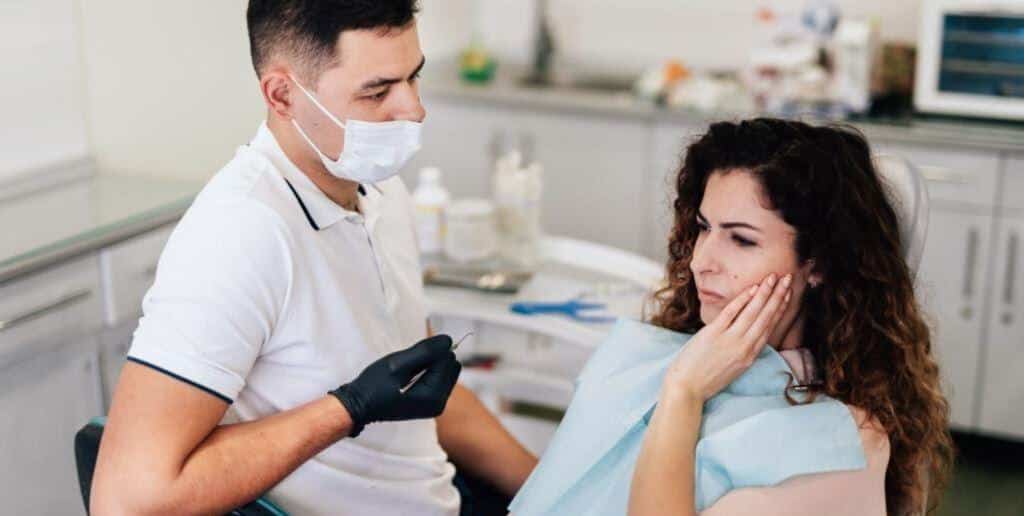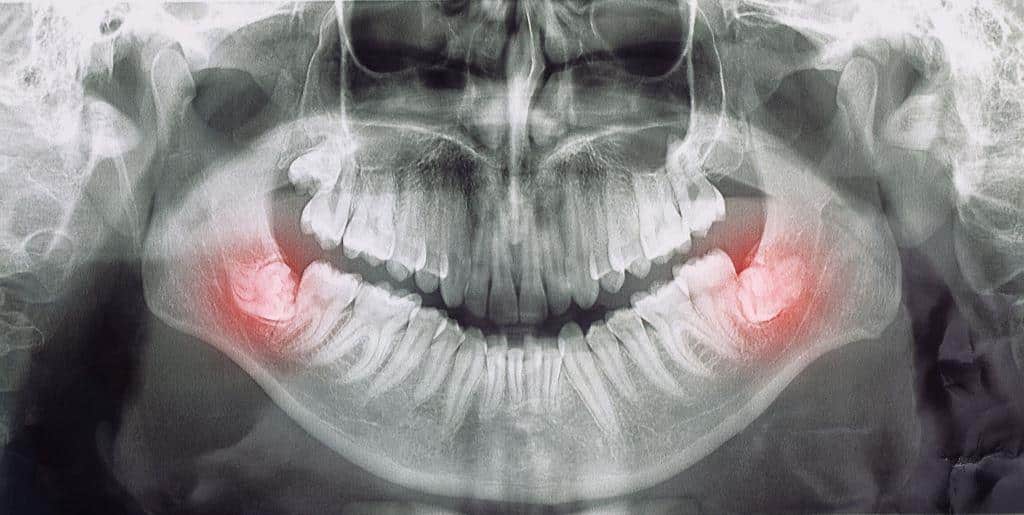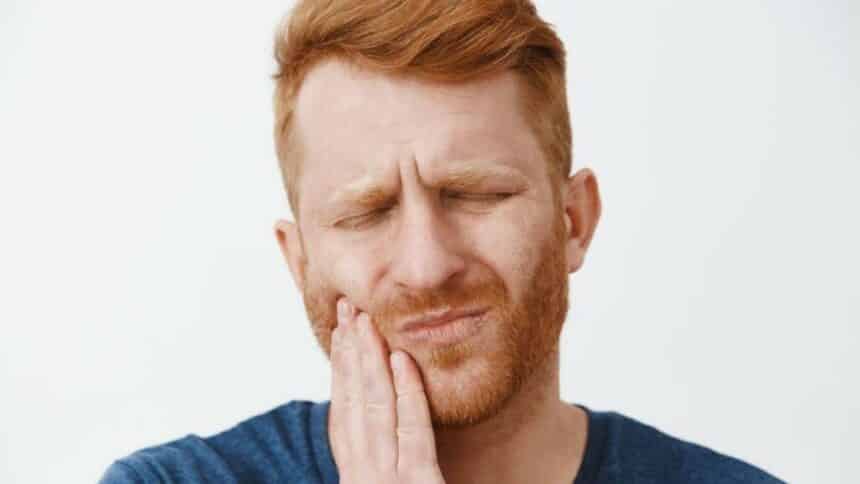Are you bothered by a throbbing toothache? Do not hesitate to visit your dentist. It is most likely that you have developed an inflammation in your mouth that needs to be addressed as soon as possible. Find out exactly what it could mean, how to deal with it in the short term and what the treatment will look like.
Pulsating toothache - where does it come from?
The cause of pulsating tooth pain is inflammation of the pulp, which is the connective tissue that fills the tooth. It is highly innervated and therefore has a sensory function - responding to temperature changes and mechanical stimuli.
The most common cause of pulpitis is untreated caries. Through bacterial infection, the pulp swells and pushes against the tooth walls. It also becomes very painful, which is the cause of unpleasant discomfort.
If you have just been accompanied by a pulsating toothache, you have surely noticed that the pulsation takes place in the rhythm of your heartbeat. This is for a simple reason - the blood vessels of the pulp are located next to the nerve. You can read more about this in our article "Tooth inflammation - unbearable pain".
However, a throbbing toothache will not always be caused by a inflammation of the pulp, which you will read about later in this article. And if you are struggling with a different type of pain we recommend our text "Toothache - types, causes and treatment" and of course making an appointment as soon as possible.

Pulsating toothache after a dental visit?
You may experience a throbbing toothache after a visit to the dentist's surgery. This is likely to be the result of a misplaced filling and you should contact your dentist as soon as possible.
If pulsating toothache preceded root canal treatment, There may be several causes. For example, pulp poisoning may have occurred. However, this only happens when dentists use outdated methods. It is also possible that the tooth canals have been filled leakingly - or, again, the filling has been placed too high.
Are you experiencing pain a long time after treatment? Perhaps the dental canals have been inaccurately treated - or an abscess has formed. Read more on this subject: "Pus in the gums - where it comes from and how to get rid of it".
Pulsating toothache and braces
If you have this type of pain after having your braces fitted, it may have been screwed on too tightly. So if the pain does not stop after a few hours, contact your orthodontist.
Pain can also be the result of teeth moving too fast. If you have concerns about this, contact the specialist.

Mechanical injuries and figure-eights
These can be further causes of a throbbing toothache. Mechanical injuries require immediate contact with a dentist.
It is also worth contacting a specialist regarding eighths and treatment, as wisdom teeth can cause not only pain, but also crooked teeth and even trismus. You can read about eighths in our text: "Problematic eighths - facts and myths about wisdom teeth".
Does a throbbing toothache have consequences?
The answer is simple: yes. That is why, as we mentioned, a specialist should be consulted. Abscess, necrosis, loss of the tooth - these are just some of the consequences that a pulsating toothache announces.
IMPORTANT: These can affect not only the oral cavity, but also the respiratory and cardiovascular systems.
How to relieve pain?
Cold compresses as well as painkillers and anti-inflammatory drugs will help temporarily. For more information, see our text "Home remedies for toothache". The dentist will develop a treatment plan during the visit, which in some cases will also include antibiotic therapy.

Prevention is better than cure
Unfortunately - everyone knows about the need for regular visits, but not everyone opts for them. The reason is often lack of time, money or simply fear of the dentist.
It is a vicious circle because the later you come in with a particular dental problem, the longer the treatment takes, costs more and is less pleasant. The solution is the aforementioned regular visits.
With these, you will also be able to get tartar under control. This one can lead to bleeding gums, hypersensitivity, exposed tooth necks and, eventually, periodontitis. Read more about the hygiene treatment: "Dental hygiene in the UK - scaling, tooth sandblasting, polishing and fluoridation".
And if you have further questions or would like to make an appointment - please contact us.

